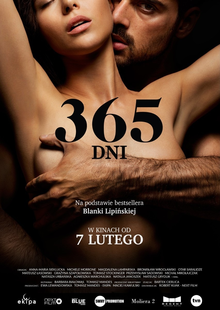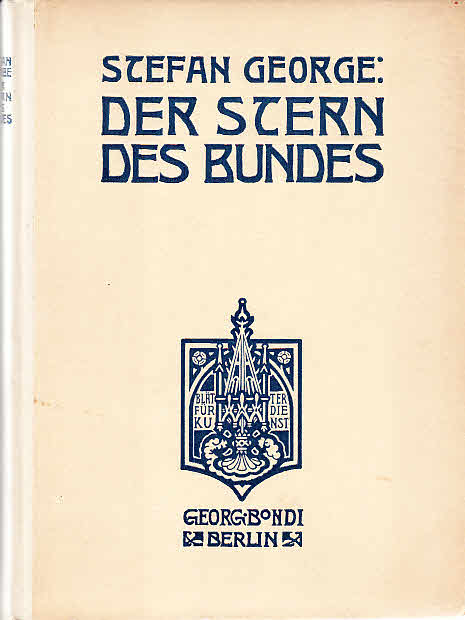In the early morning
The silhouette of your body is dark in the morning in front of the dim light
Of the curtained blinds. Lying in bed, I feel your face turned towards me host-like.
When you unwound yourself from my arms, your whispered “I must go” only reached the farthest gates of my dream –
Now I see, as if through a veil, your hand, as it lightly brushes the white shirt down your breasts ...
The stockings ... now the skirt ... Your hair gathered ... you’ve become a stranger, adorned for the day and the world ...
I open the door quietly ... kiss you ... you nod, distant already, a farewell ... and you are gone.
I hear, already in bed again, your gentle steps fade away in the staircase,
I am again captive of your body’s scent, which flows out of the pillows warmly and into my senses.
The morning is getting brighter. The curtain billows. Young wind and first sun want to enter.
Noise rises ... Early morning music ... sung gently into morning dreams, I fall asleep.
– Ernst Stadler (1883-1914)
From:
Der Aufbruch, 1914, published shortly before the author died in World War I. Translated by
Johannes Beilharz. The German original can be found
here.























